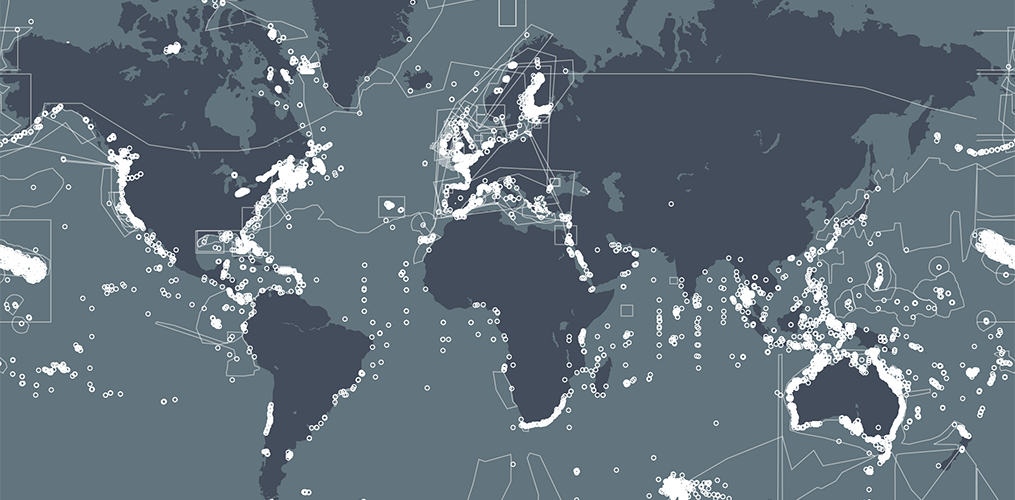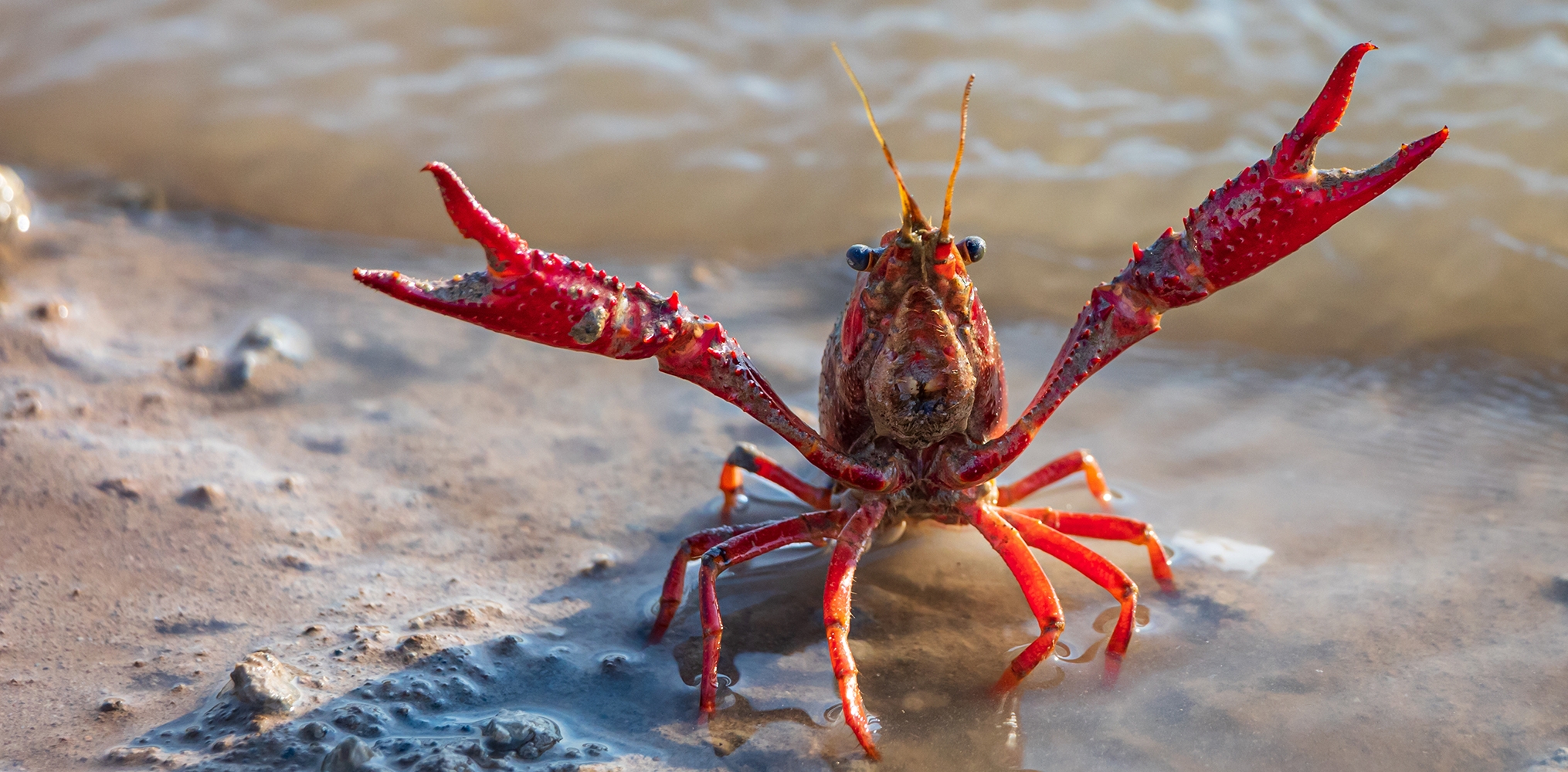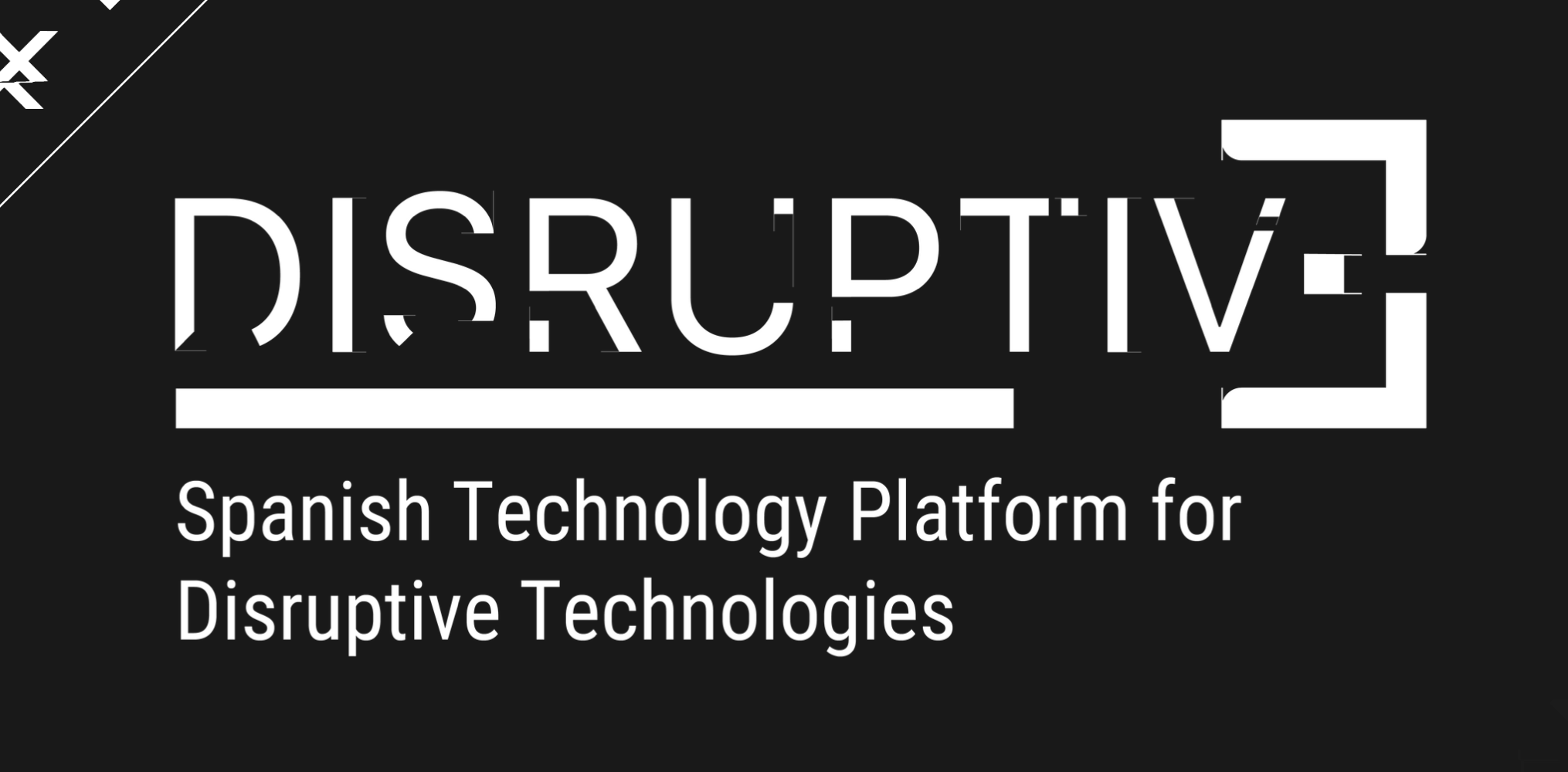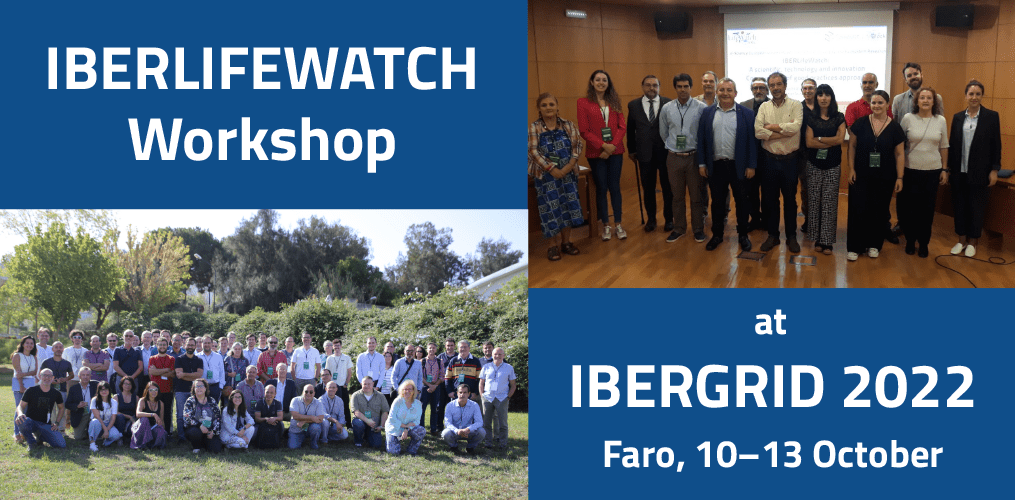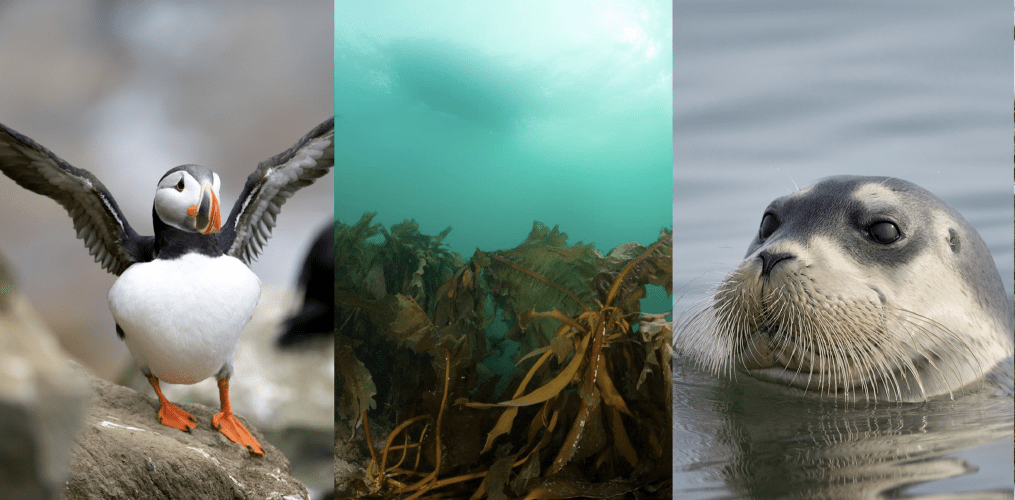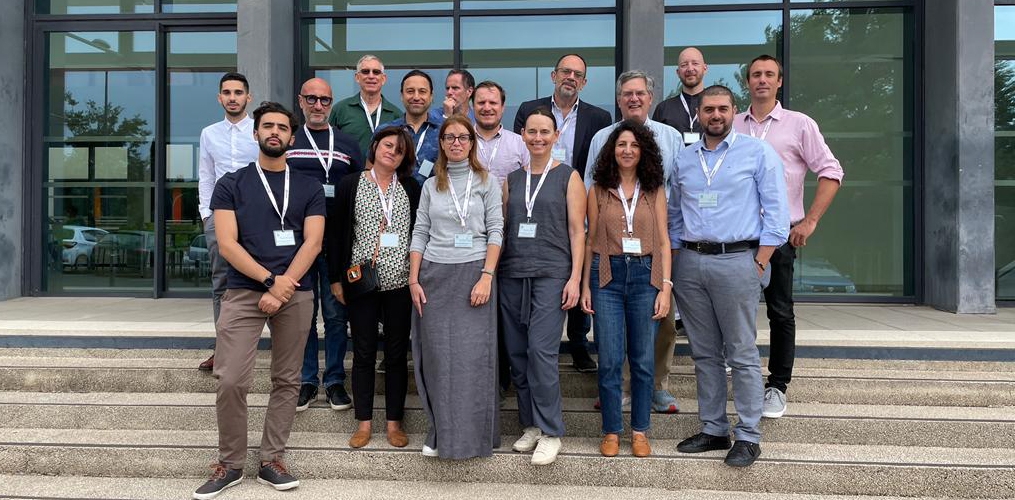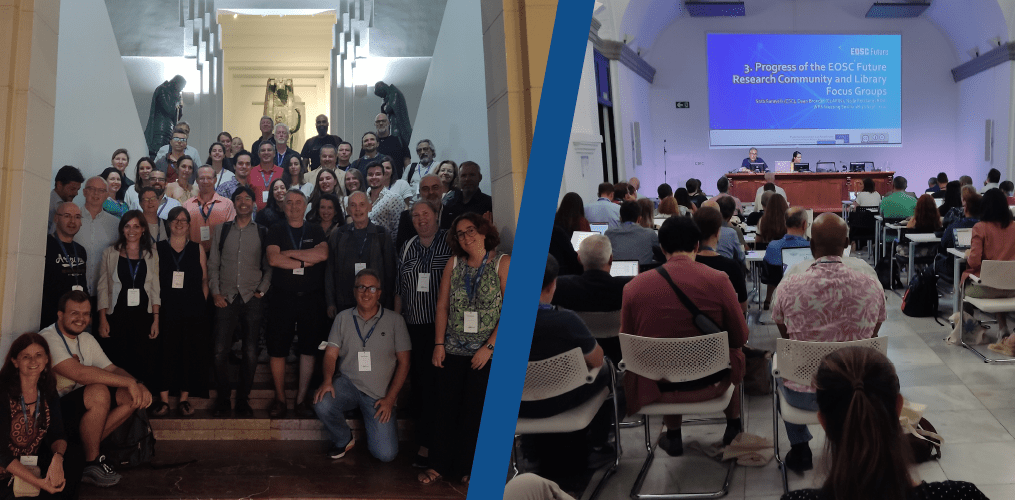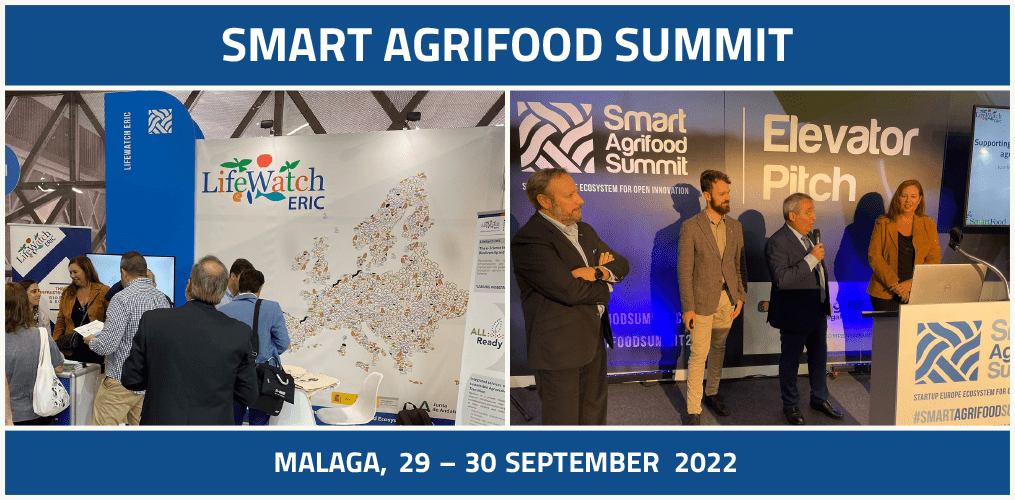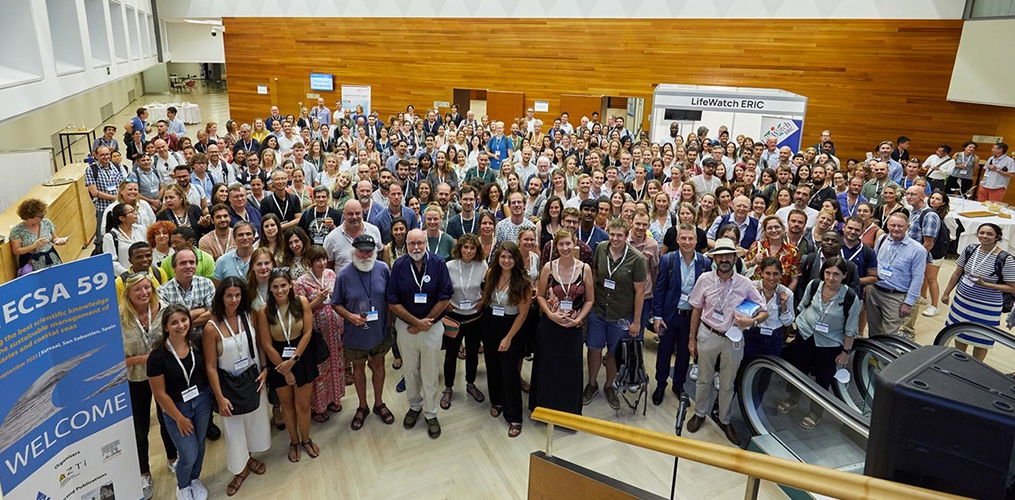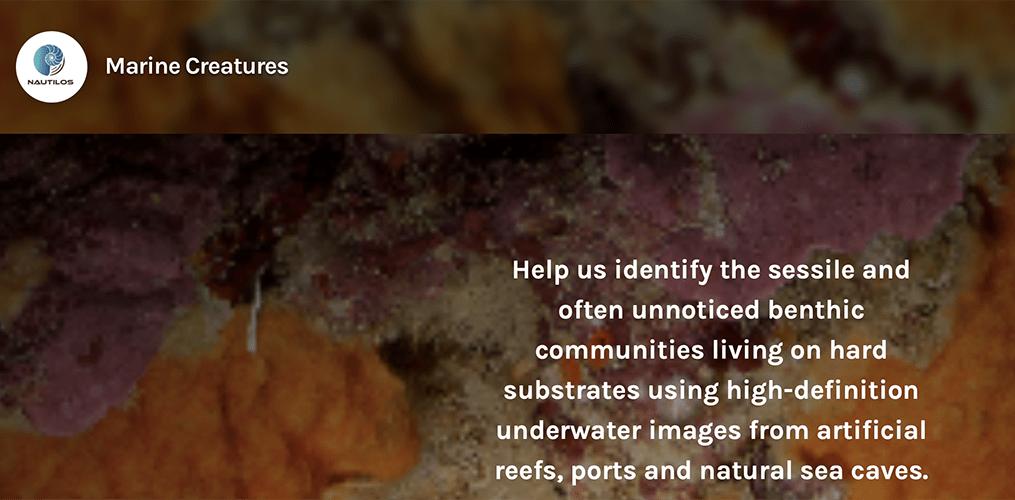IBERGRID 2022, the 11th Iberian Grid Conference, took place 10–13 October at the University of Algarve in Faro, Portugal. IBERGRID stands for the Iberian Grid Structure, federating computing and data resources across the Iberian area to support research and innovation. The theme of the conference was “Delivering Innovative Computing and Data Services for Research”, and LifeWatch ERIC had a strong presence at the event, with a presentation “EOSC Activities in the Environmental Sciences” from ICT-Core e-Infrastructure Operations Coordinator Antonio José Sáenz on behalf of CEO Christos Arvanitidis and CTO Juan Miguel González-Aranda, as part of the EOSC tripartite event which took place on day 1, and a two-part workshop on “IBERLifeWatch” – focusing on a good practices approach for scientific, technology and innovation communities and on funding opportunities for Spanish-Portuguese cooperation on day 2 and day 4.
During the IBERLifeWatch workshop, LifeWatch ERIC was able to highlight its collaboration several prestigious research entities, with engaging presentations from representatives from FCT, CSIC, MIRRI ERIC, the University of Huelva, the University of Granada, the FCCN Unit, LIP, GBIF, the Royal Botanical Garden of Madrid, the Spanish government, the Junta de Andalucía, the Interreg Spain-Portugal programme, the LIFE programme, Estacão Biológica de Mértola, University of Porto, Leuphana Universität Lüneburg, ADRAL, the University of Aveiro, the University of Minho and many more, as well as coordinators of the Spanish and Portuguese nodes of LifeWatch ERIC itself. State-of-the-art LifeWatch ERIC tools were presented, such as LifeBlock and Tesseract, alongside important ERDF projects in the region involving the participation of the infrastructure, such as SmartFood and Smart EcoMountains, as well as wide-reaching agroecology initiatives such as ALL-Ready. To learn about the technology underpinning these projects, please see the presentations below.
LifeWatch ERIC would like to thank event organisers University of Algarve, LIP, INCD and CSIC. The Iberian Peninsula is a biodiversity hotspot and it is key that synergistic initiatives and projects such as those mentioned during the meeting are maintained and expanded, and IBERGRID 2022 provided the perfect opportunity to acknowledge and reinforce cross-border collaboration.
To see photos from the event, please see our gallery.
Presentations from the IBERLifeWatch workshop are available below:
José Manuel Ávila | Innovation on Agroecology to support a transition to more sustainable and resilient agrifood systems
Kety Cáceres Falcón & Sofía Vaz | Funding European opportunities for ES-PT collaboration
Estação Biológica de Mértola | Presentation
Juan Miguel González-Aranda | IBERLifeWatch: A scientific, technology and innovation Communities of good practices approach
Pablo Guerrero, Jaime Lobo & Emilio de Leon | Improving the environmental monitoring cycle, remote sensing & space technologies
Rohaifa Khaldi | Application of Artificial Intelligence in the study of Ecosystems
Emilio de Leon | Early detection of invasive species using metabarcoding
Joaquín López | LifeBlock and semantic environment status and roadmap
Carlos Javier Navarro | Remote Sensing in ecology and conservation of mountain systems
Nuria Pistón | Ecosystem Services modelling in mountain systems
José Rodriguez Quintero | University of Huelva cross-border projects
Teresa del Rey | Improving connectivity between populations of the endangered Iberian lynx
Antonio José Sáenz Albanés | Tesseract
Antonio José Sáenz Albanés | Technical Presentations Report
Diego de los Santos | Spanish-Portuguese cooperation for the conservation of Iberian biodiversity
Ester Serrão | Biodiversity and Function of underwater habitats
Centro Internacional de Investigacion e Innovacion en Biodiversidad
Oficina Técnica de apoyo a proyectos FEDER LifeWatch ERIC con Junta de Andalucía
Parque Natural Los Alcornocales
Valorizacion de servicios ecosistemicos mediante plataforma AI
